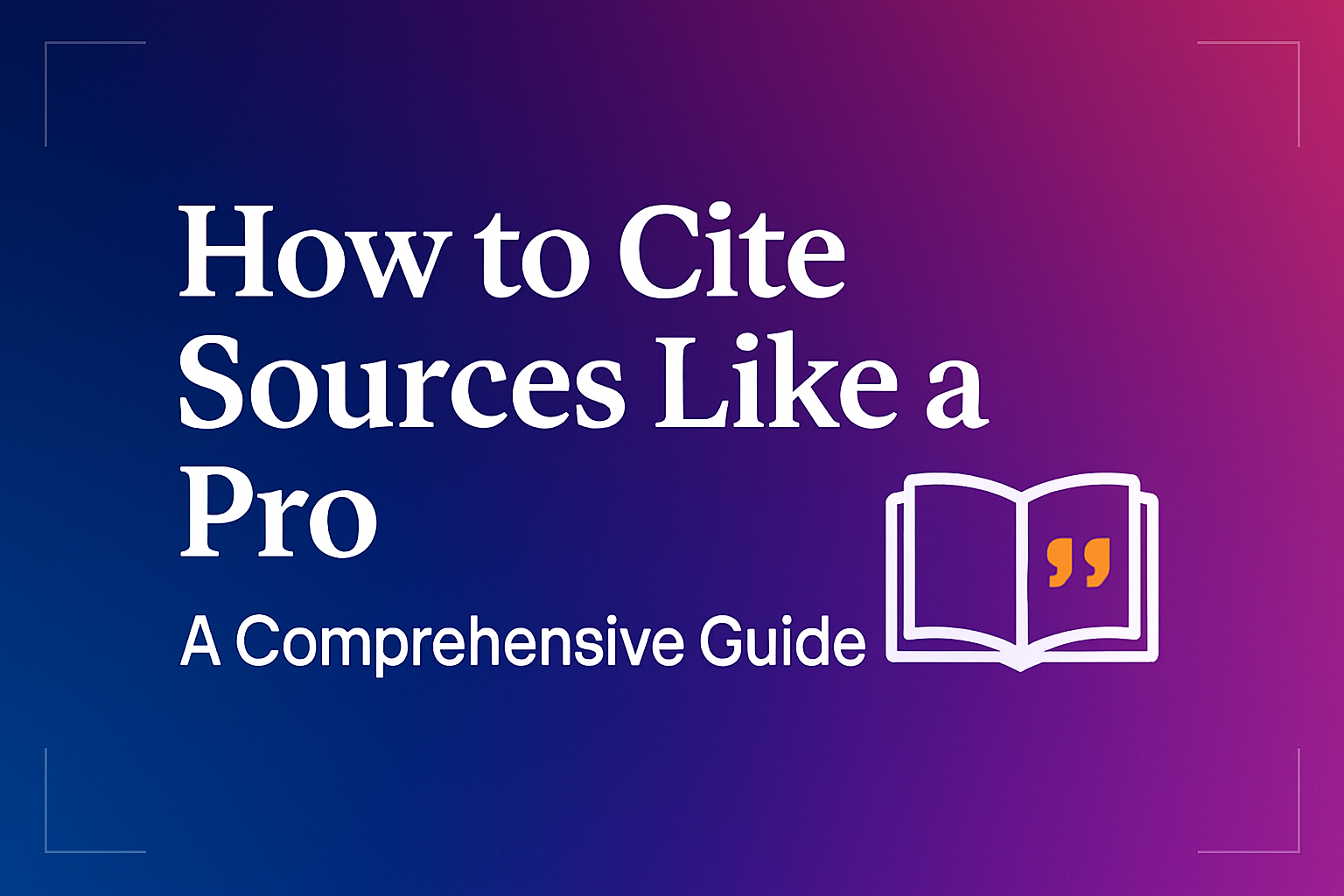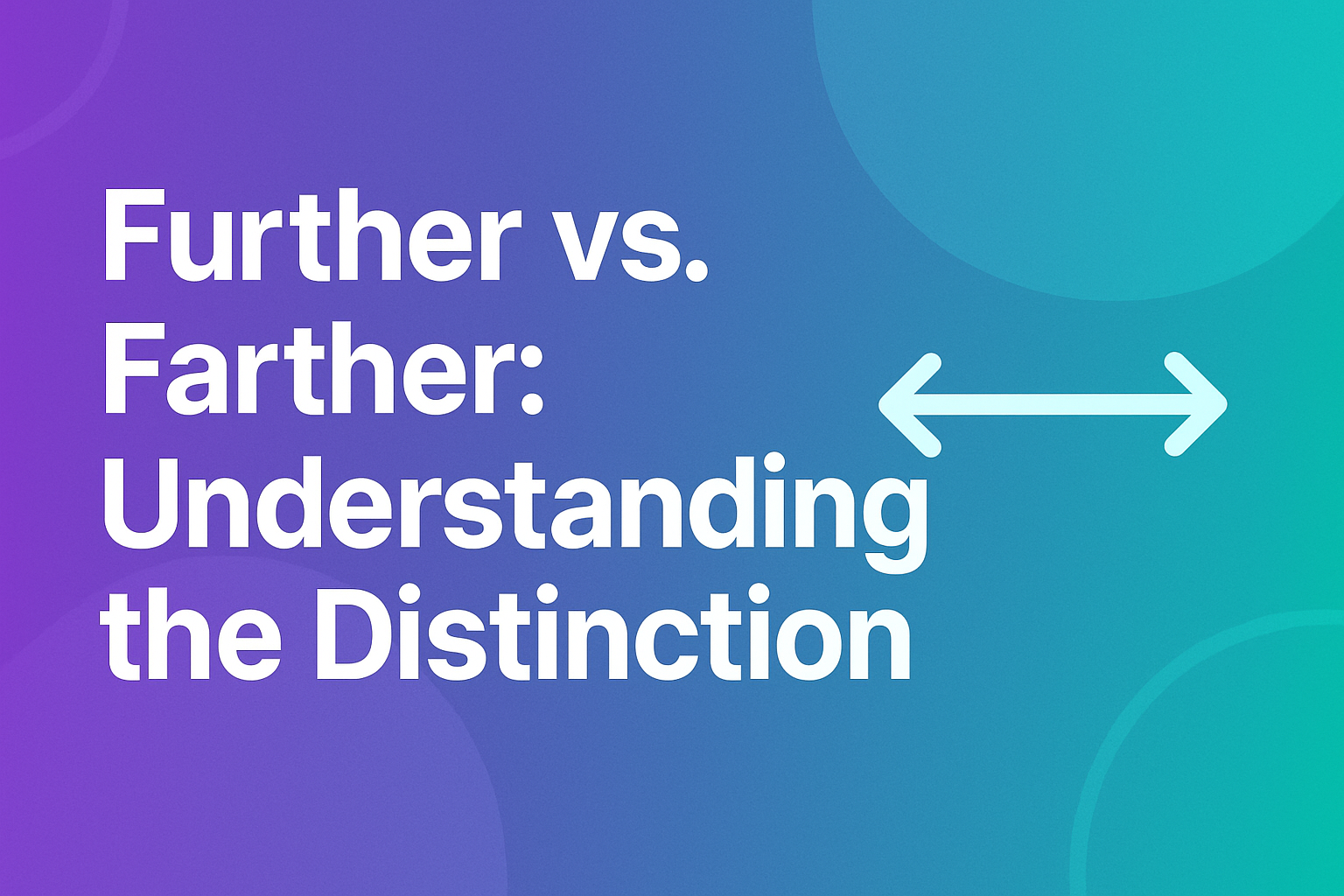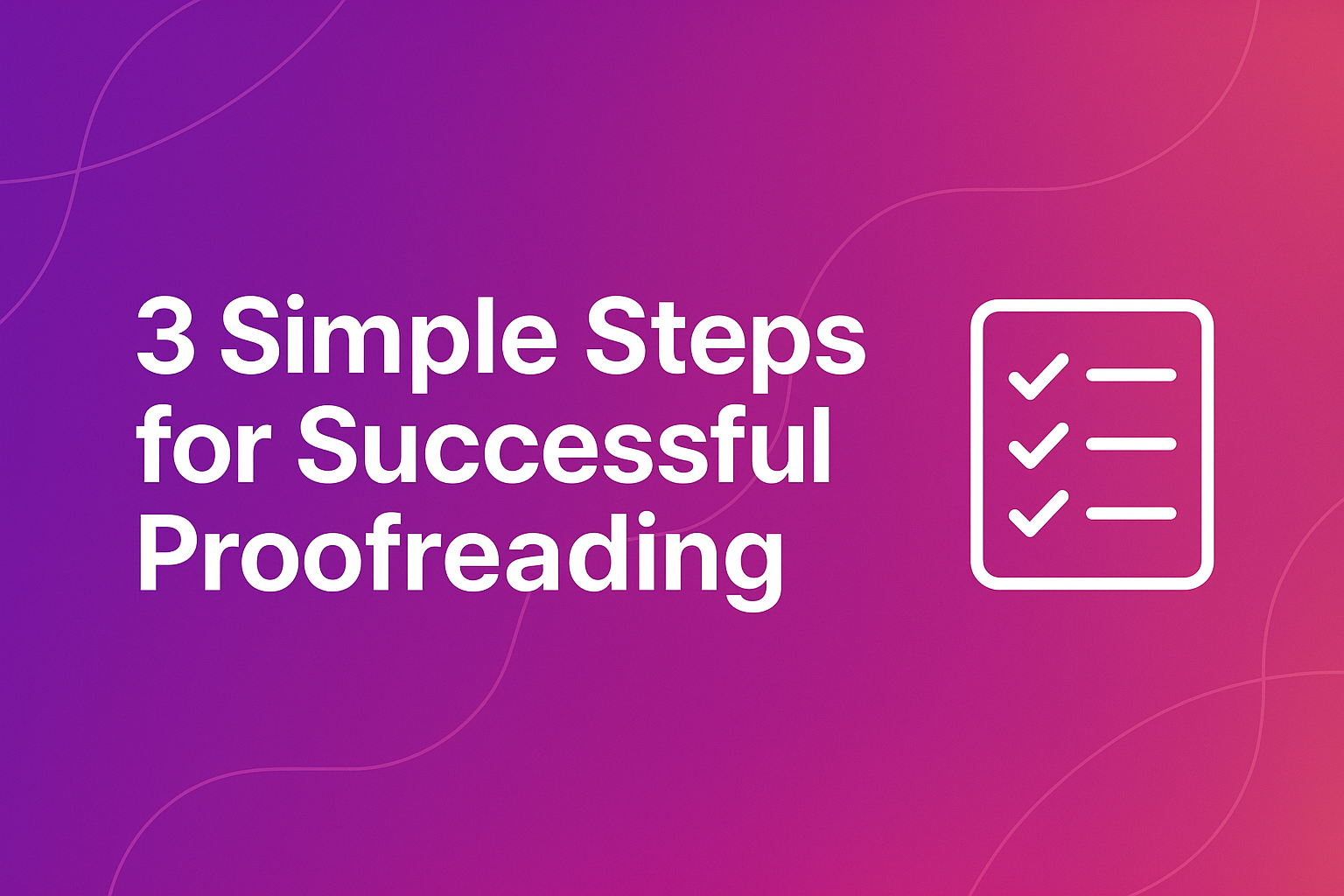
How to Cite Sources Like a Pro: A Comprehensive Guide
Master the art of citing sources with this comprehensive guide covering various citation styles, common mistakes to avoid, and best practices for academic and professional writing.
Read articleCheck your papers for plagiarism with our advanced AI tools


The English language is filled with word pairs that seem interchangeable but have subtle distinctions in proper usage. One such pair that frequently confuses writers is "further" and "farther." While these words share a common etymology and sound similar, understanding their proper usage can add precision to your writing and prevent grammatical missteps.
The traditional rule for distinguishing between "further" and "farther" is straightforward:
This basic distinction works well in most cases, but as we'll explore, the reality has some nuance worth understanding.
Use "farther" when referring to literal, physical distance that could, at least theoretically, be measured.
In each of these examples, "farther" pertains to physical distance—actual space between objects or points that could be measured in units like feet, miles, or kilometers.
Use "further" when referring to metaphorical distance, advancement, or additional degree, amount, or time.
In these examples, "further" doesn't refer to physical distance but to figurative concepts like extent, degree, or advancement.
One clear distinction is that only "further" can be used as a verb. "Farther" is always an adverb or adjective.
In each case, "further" means to advance, promote, or help forward. There is no equivalent verbal usage for "farther."
If you struggle to remember which word to use, try these helpful mnemonics:
"Farther" contains the word "far," which relates to physical distance. If you're referring to something being physically far away, use "farther."
The distinction between "further" and "farther" is actually relatively recent in the English language. Both words derive from the same Old English word "furþor" (pronounced "further"), which functioned as both a comparative of "far" and a more general term for "additional."
For centuries, "further" and "farther" were used interchangeably. The differentiation between physical and figurative distance emerged gradually, primarily in American English. Many language historians note that the distinction became more codified in the 19th and 20th centuries.
Even today, British English tends to favor "further" for both physical and figurative distances, while American English more strictly observes the distinction.
Looking at how accomplished writers use these terms can provide helpful context:
"How much farther to the Emerald City?" (L. Frank Baum, "The Wonderful Wizard of Oz")
"Nothing is further from the truth." (Common expression)
"I have promises to keep, and miles to go before I sleep, and miles to go before I sleep." (Robert Frost, "Stopping by Woods on a Snowy Evening")
"It was much pleasanter at home," thought poor Alice, "when one wasn't always growing larger and smaller, and being ordered about by mice and rabbits. I almost wish I hadn't gone down that rabbit-hole—and yet—and yet—it's rather curious, you know, this sort of life! I do wonder what can have happened to me! When I used to read fairy-tales, I fancied that kind of thing never happened, and now here I am in the middle of one! There ought to be a book written about me, that there ought! And when I grow up, I'll write one—but I'm grown up now," she added in a sorrowful tone; "at least there's no room to grow up any farther here." (Lewis Carroll, "Alice's Adventures in Wonderland")
Some usages fall into gray areas where either word might be defensible:
"She wants to go further/farther in her career."
While "further" is traditionally preferred since this is figurative advancement, the metaphor of career as a journey could justify "farther" to some ears.
"Let's not look any further/farther ahead than next quarter."
Time is abstract, suggesting "further," but we often conceptualize time spatially as a distance, which could justify "farther."
As mentioned earlier, British English and American English treat these words differently:
In British English, "further" is often used for both physical and metaphorical distance, making it more of an all-purpose word. "Farther" is less common overall in British usage.
American English more consistently maintains the physical versus figurative distinction, though you'll still find exceptions and variations.
Most modern style guides, including The Chicago Manual of Style and AP Stylebook, recommend maintaining the distinction between physical distance (farther) and figurative distance (further).
Let's explore how these words are correctly used across different types of writing:
In some cases, both words can be technically correct but with slightly different emphases:
"The explorers traveled farther/further than anyone before them."
Some expressions have established forms that you should maintain regardless of the general rule:
Language experts and major dictionaries acknowledge the traditional distinction while recognizing the complexity:
Merriam-Webster notes that while the distinction exists, the two words have been used interchangeably throughout much of their history.
The Chicago Manual of Style recommends maintaining the distinction, using "farther" for physical distance and "further" for figurative distance and advancement.
The OED documents both words but notes that "further" has historically been used in all senses, including physical distance.
For precise writing, especially in formal contexts:
The distinction between "further" and "farther" adds precision to your writing, but it's not one of English's most rigid rules. The traditional guideline—physical distance for "farther," figurative distance and advancement for "further"—serves as a useful framework, especially in formal American English.
Understanding this nuance allows you to make informed choices as a writer, adding another tool to your verbal toolkit. Like many aspects of language, the further/farther distinction reflects how English continues to evolve while maintaining useful distinctions that help us communicate with greater clarity.
Whether you're traveling farther down the road or delving further into a subject, proper usage of these terms demonstrates attention to detail and linguistic precision—qualities that take your writing no farther, but certainly further, than before.

Master the art of citing sources with this comprehensive guide covering various citation styles, common mistakes to avoid, and best practices for academic and professional writing.
Read article
Explore how artificial intelligence is transforming language correction, writing assistance, and the broader landscape of human communication.
Read article
Master the art of proofreading with these three essential steps that will help you catch errors and polish your text to perfection.
Read article